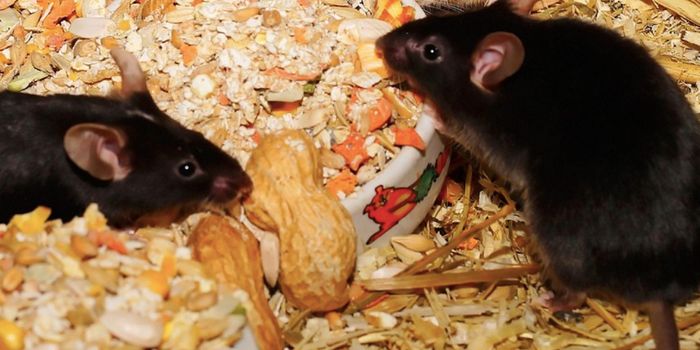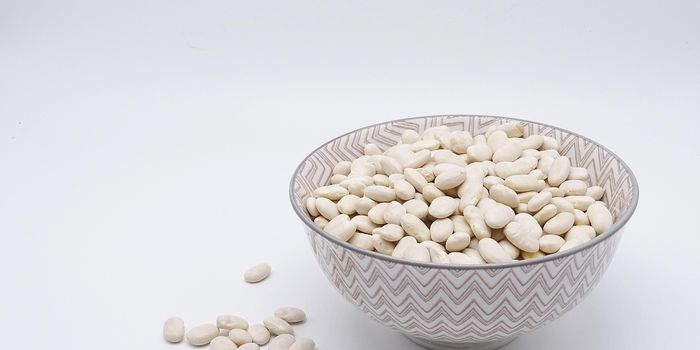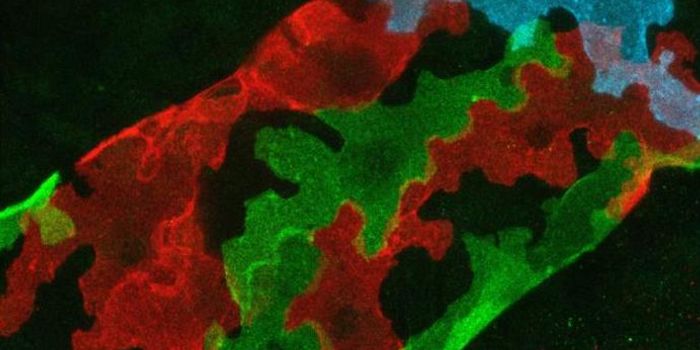This Fungus Spreads by Manipulating Male Cicadas into Mimicking Females
Researchers from West Virginia University (WVU) recently discovered how a parasitic fungus uses male cicadas to spread infection. According to the study, which was published last month in PLOS Pathogens, infected males mimic females' mating behavior to lure healthy males closer to spread the infection.
Although both annual and periodical cicadas can be affected by the fungus, periodicals are impacted more frequently. The periodical cicada hosts belong to the Magicicada genus, and as Live Science states, they spend 13 to 17 years underground.
Brian Lovett, lead author and researcher at WVU, told Live Science reporters, "It would be very difficult to maintain a research program and train scientists if new samples only arrived every 13 to 17 years." Fortunately for this research team, these periodical cicadas emerge from underground broods in staggered cycles allowing collection to occur frequently.
Live Science reports that the parasitic fungus is called Massospora. It replaces a male cicada's abdomen with masses of yellow spores. According to Live Science, about one week after the infection, the cicada's body disintegrates, but the animal remains alive. As the infected and now "zombified" cicada flies around, it disperses infectious spores. The study refers to this process as "active host transmission (AHT)."
According to the study, with active host transmission insects are under the control of entomopathogens, also known as parasitic fungi. The study states that some entomopathogenic fungi, such as Massospora, "manipulate their hosts' sexual behaviors to increase their odds of transmission. In this case, infected male cicadas are manipulated to move their wings in ways used by female cicadas to infect more males. The study reports that they believe this is the only example of AHT where the pathogen is similar to a sexually transmitted disease.
An article from WVU reports that previous research from this team discovered that Massospora-infected cicadas contain psychoactive compounds. Lovett also states that "the bioactive compounds may manipulate the insect to stay awake longer and continue to transmit the pathogen for longer."
In the WVU article, the research team reports that infected cicadas are harmless to humans. Lovett said, "They're not a major pest in any way. They're just a really interested quirky insect that's developed a bizarre lifestyle."
Sources: WVU, PLOS Pathogens, Live Science










